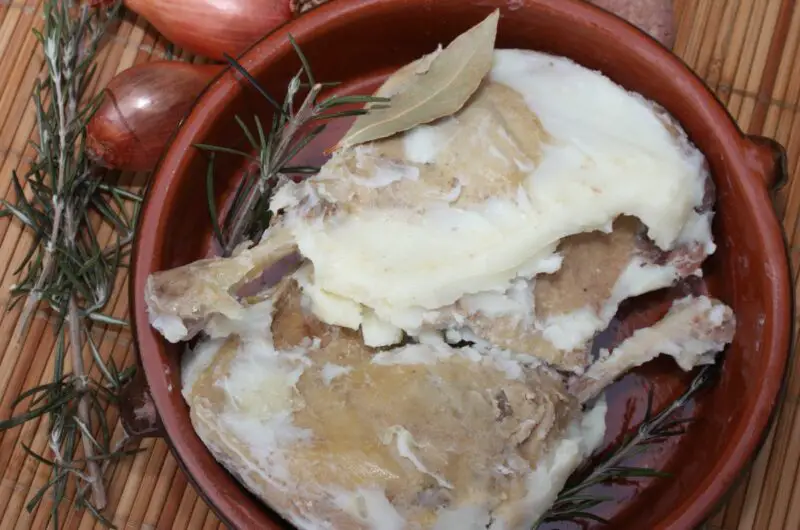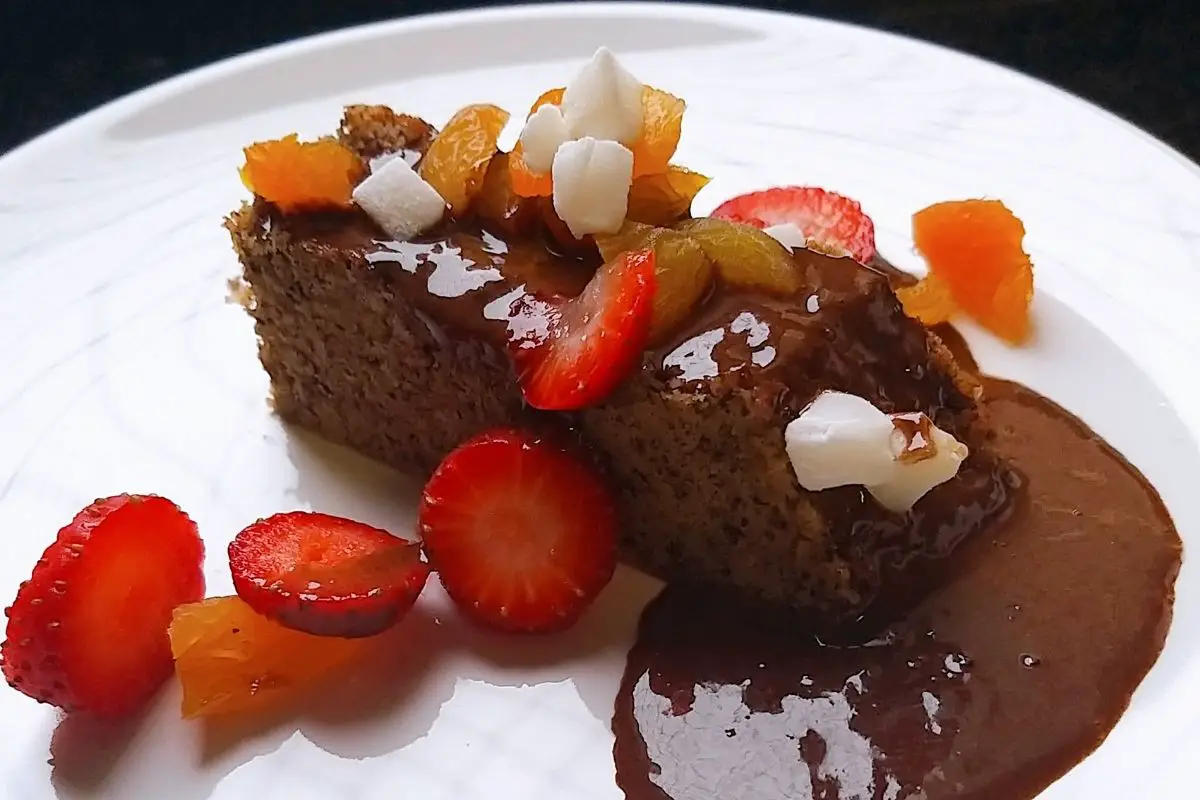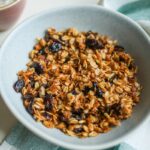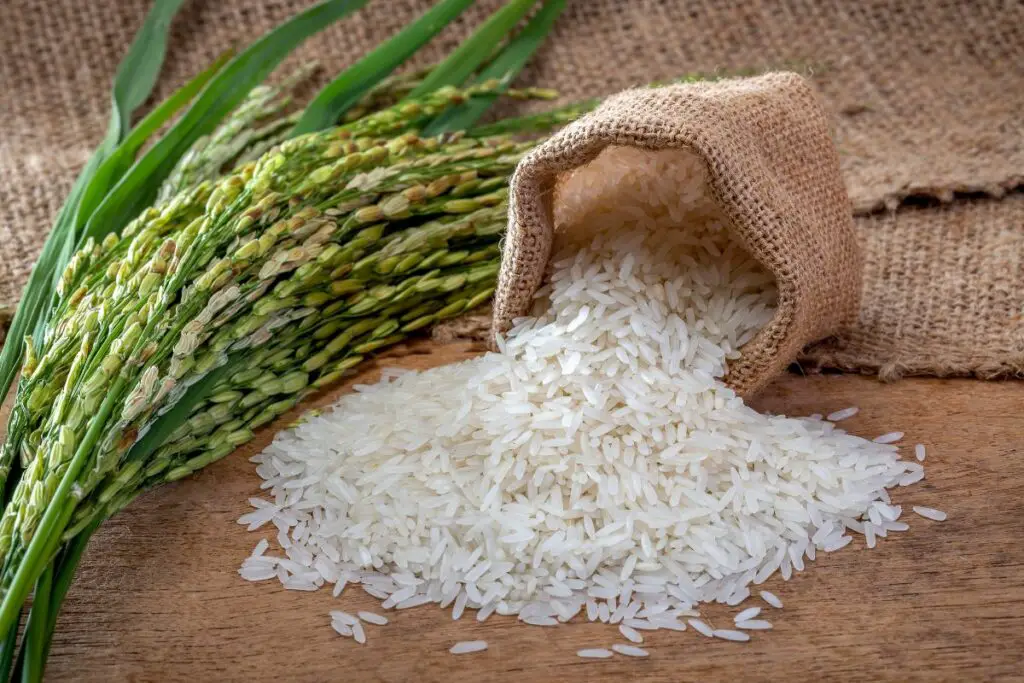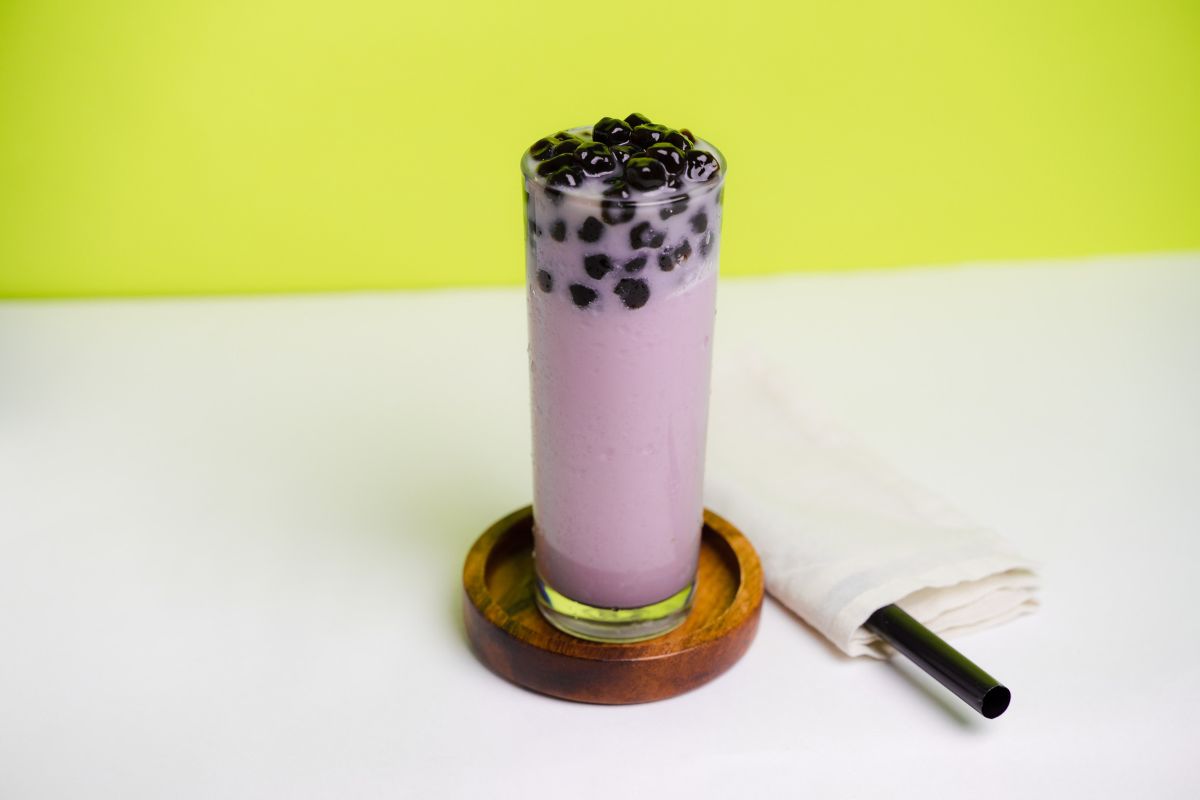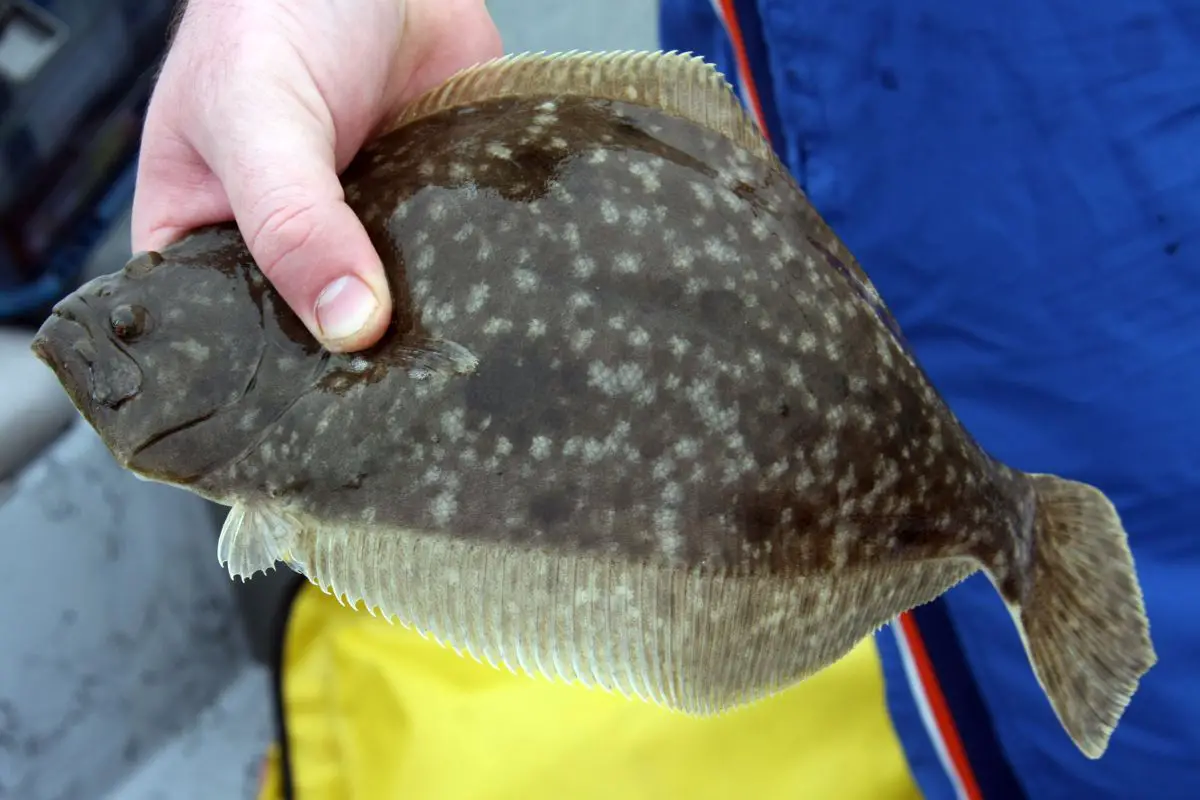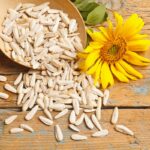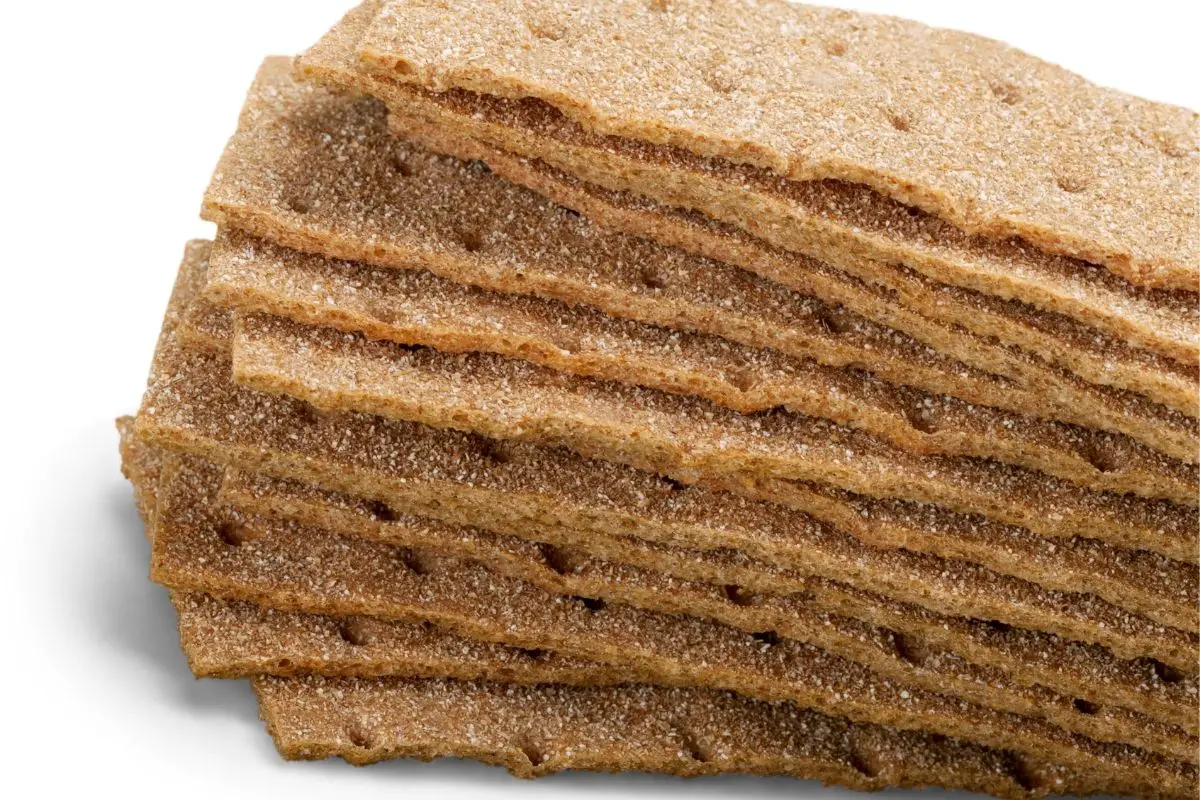Duck fat is a luxurious cooking ingredient that adds flavor and richness to dishes. It’s popular with chefs, foodies, and home cooks alike for its extraordinary taste and texture.
But if you’re looking for an alternative to duck fat, you don’t have to worry about sacrificing flavor – there are plenty of great substitutes out there! In this article, we’ll look at the 6 best substitutes for duck fat that will still make your meals taste amazing.
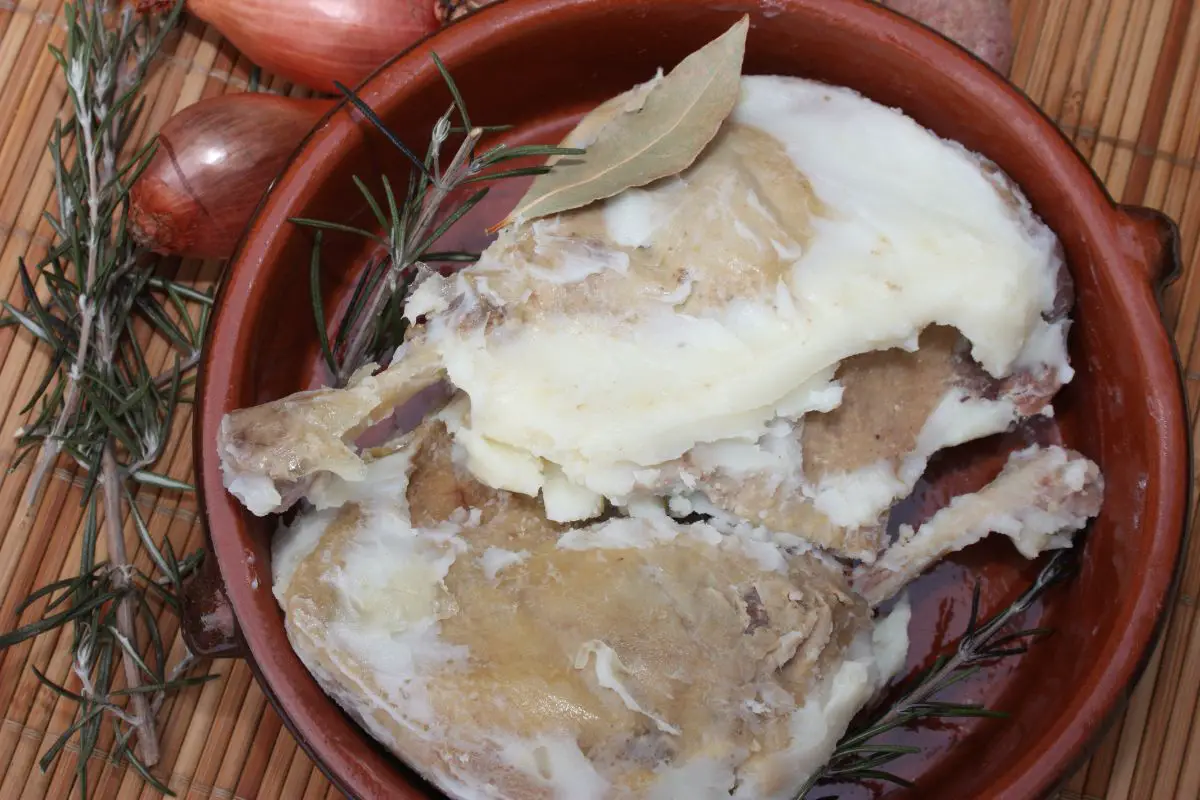
Potential Downsides Of Eating Duck Fat
Duck fat is high in saturated fat, which can lead to an increased risk of heart disease, stroke, and other chronic health conditions. It also contains a large amount of cholesterol, which can further contribute to these risks if consumed in excess.
Moreover, it is relatively high in calories compared to other cooking fats and oils, and so consuming too much can quickly add up on your waistline.
In addition, duck fat does not keep for very long without refrigeration and must be used within a few days after opening or else it will go rancid.
This means that unless you plan on using up all the duck fat you have at once, you should store it carefully or else risk having to throw out whatever remains unused – an unnecessary waste of money and effort.
So if you’re ready to make delicious meals without using duck fat, read on! We’ll show you what we think are the 6 best substitutes for duck fat that will give your dishes a unique flavor boost.
1. Butter
Butter is a classic substitute for duck fat. It adds a rich, creamy flavor to dishes, and is easy to find in most grocery stores. Its high fat content makes it a great alternative for baking, sautéing and frying.
Plus, butter contains vitamins A, D, E and K – all of which are beneficial for overall health.
When substituting butter for duck fat, it’s important to be mindful of the ratios. A general rule of thumb is that one part butter equals two parts duck fat. That means if your recipe calls for one cup of duck fat, you’ll need half a cup of butter as a replacement.
It’s also essential to consider the type of butter being used. Salted or unsalted? Regular or clarified? Each has its own unique taste and texture that can affect the outcome of your dish. Be sure to read through the recipe carefully before making any substitutions!
2. Goose Fat
Goose fat is considered one of the best substitutes for duck fat. It has a strong flavor and is extremely high in saturated fat, making it an excellent choice for cooking that requires high-fat content.
The flavor of goose fat can range from mild and buttery to quite pungent, depending on the quality of the product you purchase. To ensure that you get the most out of this product, try to find fresh goose fat or buy it frozen; avoid canned or shelf-stable products if possible.
When cooking with goose fat, be sure not to heat it too quickly; doing so will damage its texture and reduce its flavor intensity.
Keep in mind that due to its high concentration of saturated fats, this product should be used sparingly for optimal health outcomes.
3. Lard
Lard is a popular substitute for duck fat in many recipes. It has a high smoke point and can be used to fry, sauté, or bake. This makes it an ideal alternative to duck fat when cooking at higher temperatures.
Lard is easy to obtain and may be found in most local grocery stores. While it’s not as healthy as some other alternatives, its flavor profile more than compensates for its lower nutritional value.
For best results, use rendered lard rather than processed varieties, which can contain additives and preservatives.
Cooking with lard provides an interesting variation on the classic duck fat while still providing similar results; it’s no surprise that this is such a popular choice for cooks seeking an alternative to duck fat.
4. Vegetable Shortening
Vegetable shortening is a great alternative to duck fat. It’s made from hydrogenated vegetable oil and solid at room temperature. It has a high smoke point, making it suitable for deep-frying and other cooking methods that require high heat.
Vegetable shortening will also give you a nice flaky texture in pastries if you use it as a substitute for butter or lard. The flavor is neutral, so it won’t overpower the taste of your dish.
This type of fat does have some drawbacks, though. It contains trans fats, which have been linked to certain health problems like heart disease and stroke.
Also, vegetable shortening doesn’t have the same rich flavor as duck fat does, so if you’re looking for something that adds depth to your dish, this is not the best option.
5. Ghee
Ghee is a type of clarified butter originating from India and is popular in many cuisines around the world. It has a high smoke point of 485 °F, making it an ideal substitute for duck fat.
Ghee has a strong nutty flavor which goes great with roasted vegetables and meats. It’s also commonly used as an ingredient in Indian curries or to finish off dishes like dal or biryani.
Ghee can also be used to fry foods without burning or sticking, as long as it’s heated slowly over low heat. Additionally, it’s packed full of vitamins A, E and K2, which provide health benefits when consumed in moderation.
Ghee can be found in most grocery stores, either next to the butter or on its own shelf.
If you don’t have access to ghee, you can make your own by melting unsalted butter over low heat and straining out the milk solids until all that remains is clear golden liquid – this is your homemade ghee!
Regardless of where you get it from, adding ghee to your kitchen pantry will give you more options when looking for substitutes for duck fat.
6. Light Olive Oil
Light olive oil has a similar flavor profile to duck fat and its light color and taste make it an excellent choice for sautéing, baking, and roasting.
The main difference between light olive oil and duck fat is the amount of saturated fat and calories. Duck fat contains more saturated fat than light olive oil, making it more calorie-dense than other oils.
Its low viscosity also makes it easier to incorporate into recipes without having to adjust the amount of liquid used in the recipe.
It’s important to note that while light olive oil is a suitable replacement for duck fat, it may not provide the same richness or crispiness that duck fat does in some dishes.
For dishes where this texture is desired, animal fats such as butter or lard should be considered instead of light olive oil.
Best Ways To Use Oils And Fats In Cooking
Oils and fats are essential components of cooking as they not only provide flavor but also help to keep food moist. Oils are liquid at room temperature and are primarily used in baking and sautéing.
Fats, on the other hand, are solid at room temperature and are often used for pan-frying, roasting, and baking.
When selecting oils and fats for cooking, it is important to consider their smoke points, which is the temperature at which they begin to smoke and break down.
Olive oil and vegetable oil are great for sautéing and baking, as they have high smoke points and are widely available.
Butter and coconut oil are great for baking and pan-frying, as they have a rich, creamy flavor and lower smoke points. For roasting, lard or duck fat are great choices as they are high in saturated fat and have a high smoke point.
Regardless of the oil or fat used, it is important to use them in moderation as they are high in calories and fat.
Conclusion
In conclusion, duck fat is a delicious and versatile cooking fat with many health benefits. However, it’s not the only option out there.
From butter to goose fat to lard and ghee, there are several alternatives that offer similar flavors and textures while providing a healthier alternative.
By being aware of the ‘smoking point’ of oils and fats, you can create delicious dishes with a great depth of flavor. Happy cooking!
The 6 Best Substitutes For Duck Fat
Course: Sides4
servings30
minutes40
minutes300
kcalIngredients
Butter
Goose Fat
Lard
Vegetable Shortening
Ghee
Light Olive Oil
Directions
- Decide on what substitute you need
- Pick a substitute from the list above
- Read what you need to substitute with
- Create the recipe and enjoy
Recipe Video
https://www.youtube.com/watch?v=AnLdpdy5TCAVideo can’t be loaded because JavaScript is disabled: How to Render Duck Fat Technique Video (https://www.youtube.com/watch?v=AnLdpdy5TCA)- What Exactly Do Chickpeas Taste Like? Is There A Distinct Flavor? - September 30, 2023
- Top 11 Low Carb Options at Sonic Drive-In for Keto Diet - September 30, 2023
- What Should You Serve Alongside Potato Salad? 8 Incredible Side Dishes - September 30, 2023

